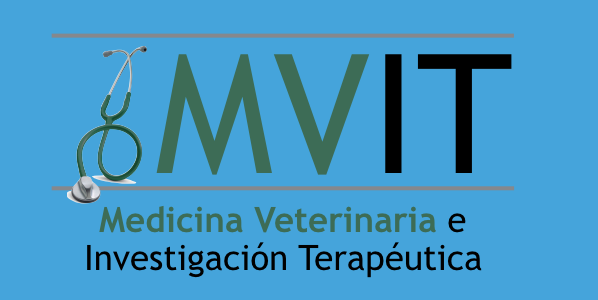
Influence of different anaesthetic protocols over the sperm quality on the fresh, chilled (4°C) and frozen-thawed epididymal sperm samples in domestic dogs
Batista, M. ,Vilar, J., Rosario, I., Terradas, E.
Unit of Reproduction, Universitary Institute of Biomedical Research and Health, University of Las Palmas de Gran Canaria, Arucas, Las Palmas, Spain
Abstract
This study assessed the influence of three different anaesthetic protocols on semen quality obtained from the epididymis. Sixty male dogs undergoing to routine sterilization were assigned to three anaesthetic protocols: thiopental group (TG, n = 20), propofol group (PG, n = 20) and ketamine–dexmedetomidine group (KDG, n = 20). Immediately after orchidectomy, the cauda epididymides and vas deferent ducts were isolated and then a retrograde flushing was performed to collect spermatozoa. In experiment 1, after the initial evaluation of the semen (sperm concentration, sperm motility and the percentages of live spermatozoa, abnormal spermatozoa and acrosome membrane integrity), semen samples were diluted in Tris-glucose-egg yolk extender and chilled for 48 hr, and the sperm motility was assessed at 6, 24 and 48 hr. In experiment 2, semen samples were diluted in Tris-glucose-egg yolk extender and chilled for 24 hr, and then samples were frozen in two extenders with different glycerol concentrations, to reach a final concentration of 50–100 × 106 spermatozoa ml−1, 20% egg yolk, 0.5% Equex and 4% and 5% glycerol, respectively. Mean values of total sperm concentration, sperm viability and the percentages of intact acrosome and abnormal spermatozoa were not significantly different between experimental groups, and therefore, the anaesthetic protocols assessed did not affect sperm parameters mentioned above. However, our study confirmed a detrimental effect of the use of thiopental (TG) over the total sperm motility (p < 0.05) and progressive sperm motility (p < 0.05) of the fresh and chilled epididymal sperm samples. The anaesthetic protocols including the application of propofol or ketamine–dexmedetomidine can be used to recover sperm in domestic canids without significant changes in sperm quality compared when semen is collected routinely and these techniques could be applicable to endangered wild canids.



